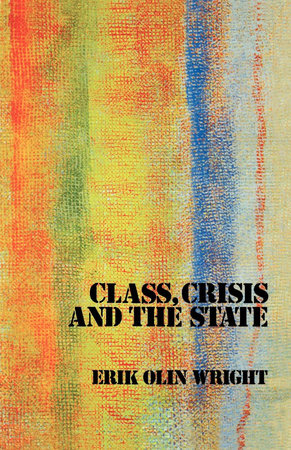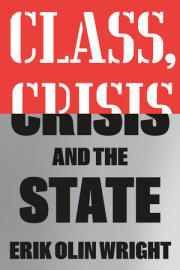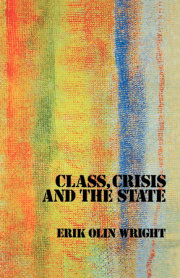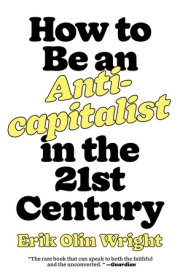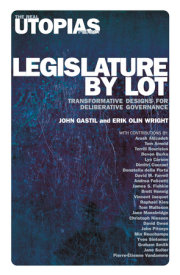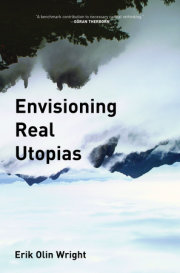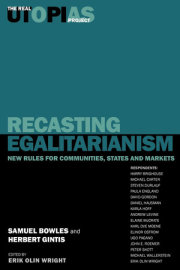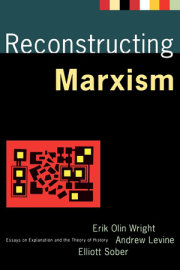Chapter 1 .
Methodological Introduction
Linking Theory to Data in Social Research
Modes of Determination and Models of Determination
1. Structural limitation
2. Selection
3. Reproduction/non-reproduction
4. Limits of functional compatibility
5. Transformation
6. Mediation
Themes of the Book
Chapter 2
The Class Structure of Advanced Capitalist Societies
Poulantzas's Theory of the Structural Determination of Class
General Framework
Structural Determination of the Working Class and
New Petty Bourgeoisie
Structural Determination of the Bourgeoisie
Assessment and Critique of Poulantzas's Analysis
The Boundary Between the Working Class and the
New Petty Bourgeoisie
The Class Unity of the New and Traditional
Petty Bourgeoisie
The Class Boundary of the Bourgeoisie
An Alternative Conceptualization of Class Boundaries
Contradictory Locations within Class Relations
The Processes of Class Relations
The Analysis of Contradictory Locations within
Class Relations
Class Interests and the Definition of Class Positions
Immediate and Fundamental Class Interests
The Class Location of Positions not Directly Determined
by Production Relations
Extended Definitions of Classes
Class Structure and Class Struggle
Class Interests and Class Capacities
Class Structure, Class Formation and Class Struggle
Conclusion
Chapter 3
Historical Transformations of Capitalist Crisis Tendencies
Introduction
I. The Meaning of Accumulation
1. Capitalist Social Relations
2. Surplus Value
II. Impediments and Contradictions in the Accumulation Process
1. The Organic Composition of Capital and the Falling Rate of Profit
2. Underconsumption Theories of Economic Crisis
3. Theories of the Profit Squeeze
4. State Expenditures and Accumulation
III. The Development of Capitalism and the Impediments to Accumulation
1. The Transition from Simple Commodity Production to Expanded Reproduction
2. The Transition from Primitive Accumulation to Manufacture
3. The Transition from Manufacture to Machinofacture
4. The Rise of Consolidation of Monopoly Capital
5. Advanced Monopoly Capitalism
Chapter 4
Bureaucracy and the State
Weber's Argument
Lenin's Argument
Comparisons
The Determinants of Organizational Structure
The Nature of the State and Politics: Elite-Organization versus Class-Structure
Organizational Form and Accountability
The Meaning of Contradictions and the Limits on the Possible
Elements of a Synthesis: Class Struggle and Organizational Structure
Chapter 5
Conclusion: Socialist Strategies and the State in Advanced Capitalist Societies
Bibliography
Index

